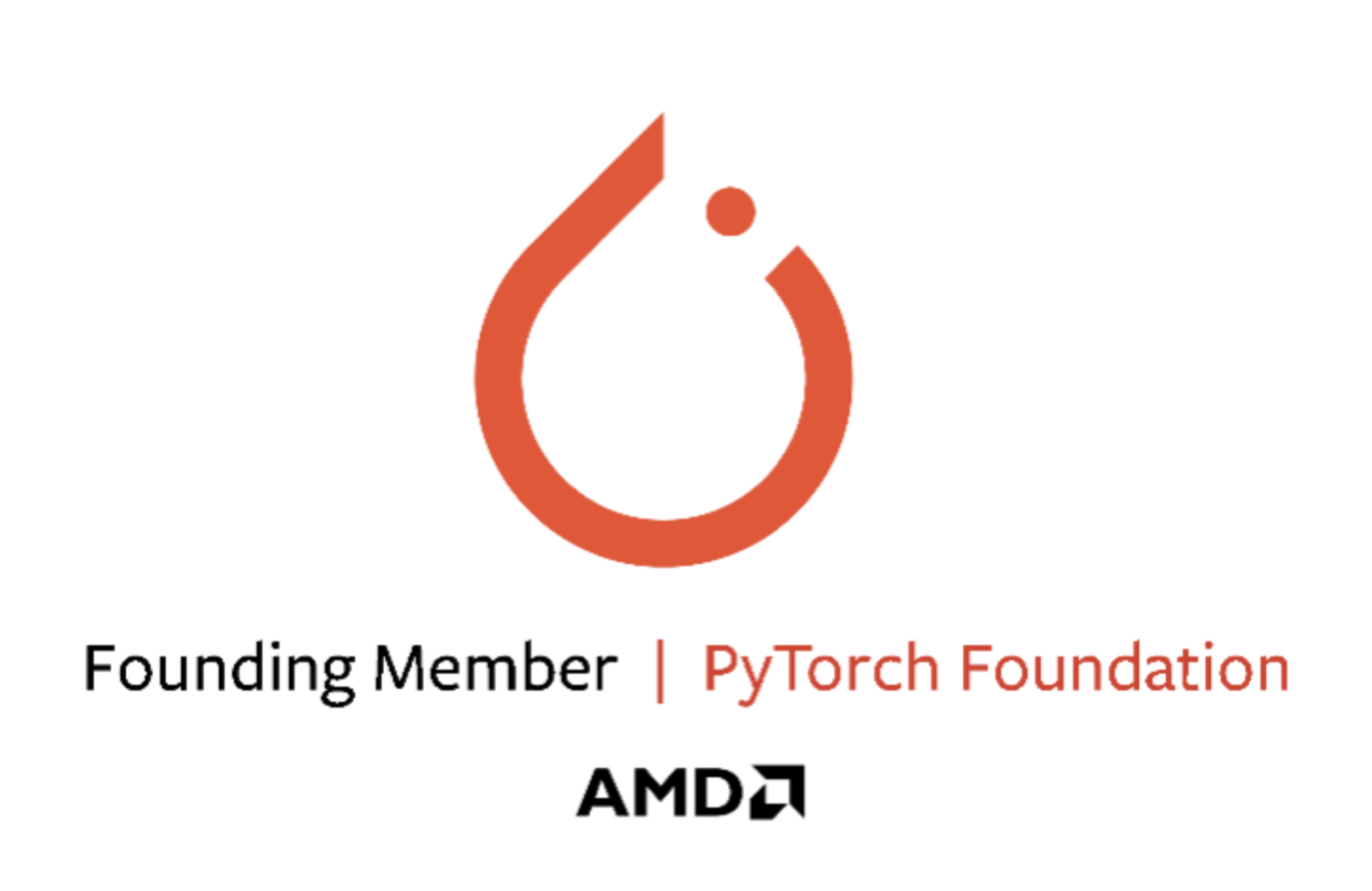February 02, 2023
Deprecation of CUDA 11.6 and Python 3.7 Support
For the upcoming PyTorch 2.0 feature release (target March 2023), we will target CUDA 11.7 as the stable version and CUDA 11.8 as the experimental version of CUDA and Python >=3.8, <=3.11.
January 09, 2023
PyTorch Trace Analysis for the Masses
We are excited to announce the public release of Holistic Trace Analysis (HTA), an open source performance analysis and visualization Python library for PyTorch users. HTA takes as input Kineto traces collected by the PyTorch profiler, which are complex and challenging to interpret, and up-levels the performance information contained in the...
December 31, 2022
Compromised PyTorch-nightly dependency chain between December 25th and December 30th, 2022.
If you installed PyTorch-nightly on Linux via pip between December 25, 2022 and December 30, 2022, please uninstall it and torchtriton immediately, and use the latest nightly binaries (newer than Dec 30th 2022).
December 28, 2022
Torchserve Performance Tuning, Animated Drawings Case-Study
In this post we discuss performance tuning of Torchserve for serving your models in production. One of the biggest challenges in the life cycle of a ML project is deploying models in production. This requires a reliable serving solution along with solutions that address the MLOps needs. A robust serving solution needs to provide support for multi model serving, model versioning, metric logging, monitoring and scaling to serve the peak traffic. In this post, we will have an overview of Torchs...
December 22, 2022
Scaling Vision Model Training Platforms with PyTorch
TL;DR: We demonstrate the use of PyTorch with FairScale’s FullyShardedDataParallel (FSDP) API in writing large vision transformer models. We discuss our techniques for scaling and optimizing these models on a GPU cluster. The goal of this platform scaling effort is to enable research at scale. This blog does not discuss model accuracy, new model architectures, or new training recipes.

